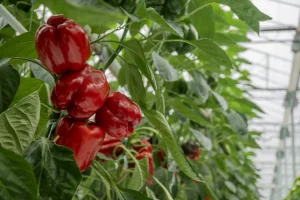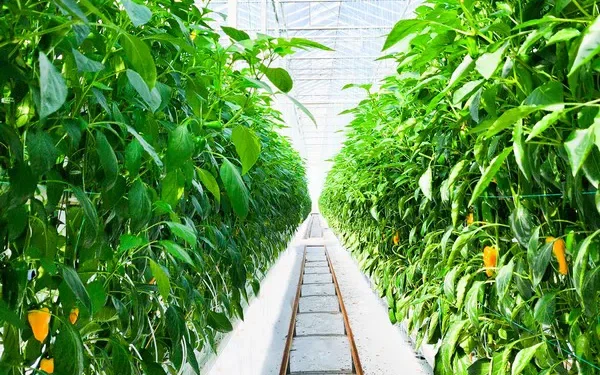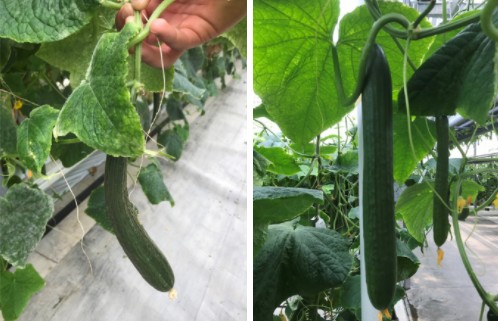The Canadian greenhouse industry is facing a significant challenge this year as fusarium wilt, a destructive soil-borne fungal disease, has caused widespread losses in bell pepper crops. This issue has resulted in a noticeable shortage of Canadian greenhouse bell peppers across the market. Ray Mastronardi, Vice President of Sales for Del Fresco Pure®, explains that the impact of fusarium has substantially reduced the bell pepper supply compared to the previous year.
“Fusarium is the primary reason for the reduction in bell pepper availability this season,” notes Mastronardi. “However, we are managing to meet demand by sourcing supplies from British Columbia and the Netherlands, where production remains stable.”
In addition to these regions, supply is also being supplemented by output from Leamington, Ontario, a key area for Canadian greenhouse production. Meanwhile, other sources such as California are providing local field-grown red peppers, which are currently more abundant. This diversified sourcing strategy is helping to stabilize the market, even as domestic production faces challenges.
The timing of this year’s bell pepper season has been affected as well. While it began as scheduled, with an adequate initial supply, the season is expected to conclude earlier than usual due to the impact of fusarium. Typically, the season extends into late November, but this year it is projected to end by late October or early November, further straining availability.
Despite these challenges, demand for bell peppers remains steady, though it typically experiences a seasonal dip in August. Mastronardi highlights that consumer interest in bell peppers, particularly those grown indoors, continues to rise annually. This steady demand, coupled with the reduced supply, has led to elevated prices, mirroring the situation from the previous year when similar shortages drove prices higher.
The current scenario underscores the importance of disease management and the need for adaptable sourcing strategies within the agricultural industry. As growers continue to contend with the effects of fusarium, the ability to secure alternative supply chains has proven crucial in maintaining market stability and meeting consumer demand.











